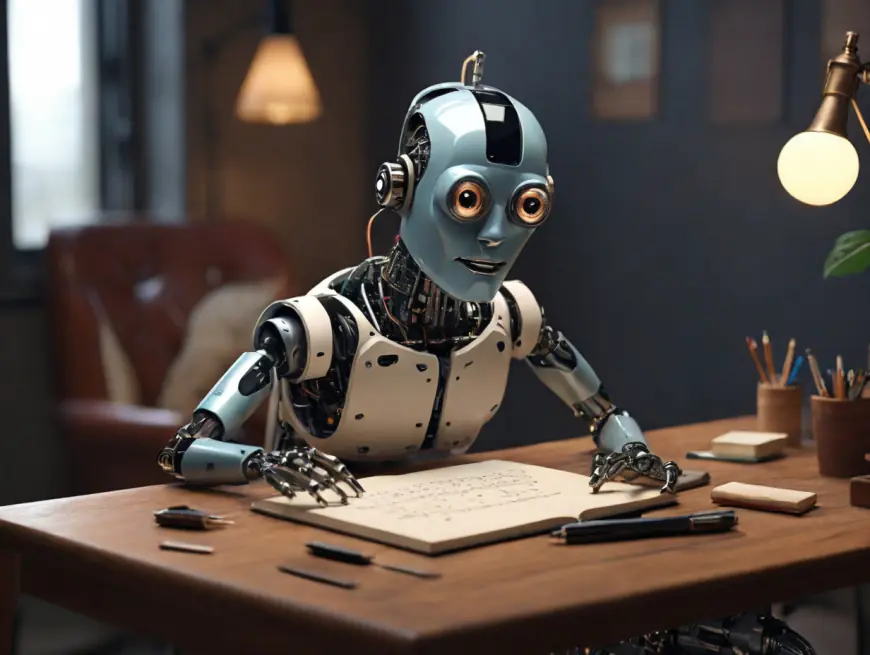Artificial Intelligence Challenges Writers, but Falls Short in Originality, Says Salman Rushdie
Renowned author Salman Rushdie recently shared his critique of artificial intelligence (AI) writing tools, emphasizing their limitations in mimicking the creativity and wit of human authors. In a piece published in the French literary journal La Nouvelle Revue Francaise (NRF), Rushdie expressed skepticism regarding the ability of AI to challenge serious novelists, citing his own […]

Renowned author Salman Rushdie recently shared his critique of artificial intelligence (AI) writing tools, emphasizing their limitations in mimicking the creativity and wit of human authors. In a piece published in the French literary journal La Nouvelle Revue Francaise (NRF), Rushdie expressed skepticism regarding the ability of AI to challenge serious novelists, citing his own experiment with an AI model.
Rushdie’s experiment with ChatGPT
Rushdie disclosed that he put ChatGPT to the test by requesting it to generate 200 words in his distinctive style. The results, according to Rushdie, were far from satisfactory. He described the output as “a bunch of nonsense,” asserting that no discerning reader would mistake the AI-generated text for his work. Despite his critical assessment, Rushdie found some reassurance in the AI’s inability to replicate his writing style accurately.
While dismissing the AI’s capabilities in emulating his literary voice, Rushdie acknowledged AI tools’ potential threat to writers in more formulaic genres, particularly thrillers and science fiction. He expressed concern over the rapid learning capabilities of AI, suggesting that its lack of originality could be exploited by writers in these genres where adherence to established formulas often outweighs innovation.
Implications for the film and tv industry
Rushdie highlighted the potential impact of AI-generated content on the entertainment industry, particularly in film and television. He warned that the proliferation of AI could lead to the automation of screenplay drafting, posing a significant challenge to writers and potentially homogenizing creative output in these mediums. With Hollywood’s propensity for recycling familiar narratives, Rushdie’s apprehension about integrating AI in content creation appears well-founded.
Rushdie did not mince words when assessing ChatGPT’s capabilities. He criticized the AI for lacking originality and humor, characterizing its output as “completely devoid of any sense of humor.” This frank evaluation underscores the limitations of current AI writing tools in capturing the nuances and subtleties inherent in human-authored literature.
Salman Rushdie’s perspective on AI writing tools is informed by his extensive experience as a celebrated author. Known for works such as “The Satanic Verses” and “Midnight’s Children,” Rushdie has navigated literary landscapes marked by controversy and acclaim. His firsthand encounter with the consequences of provocative storytelling, including a period of hiding due to threats against his life, lends weight to his observations regarding the potential ramifications of AI in the creative realm.
Salman Rushdie’s critique of AI writing tools offers a sobering reminder of the complexities of simulating human creativity. While AI continues to advance in various fields, its application in literature and storytelling remains fraught with challenges. As writers grapple with the implications of AI technology, Rushdie’s insights serve as a valuable contribution to ongoing discussions surrounding the intersection of artistry and artificial intelligence.
What's Your Reaction?









































































































